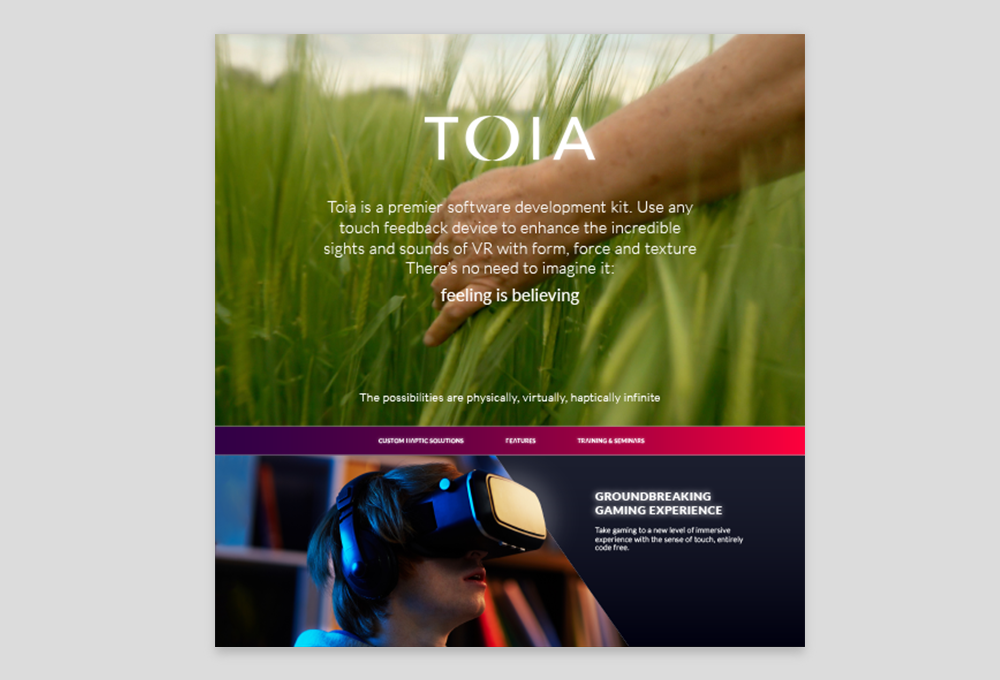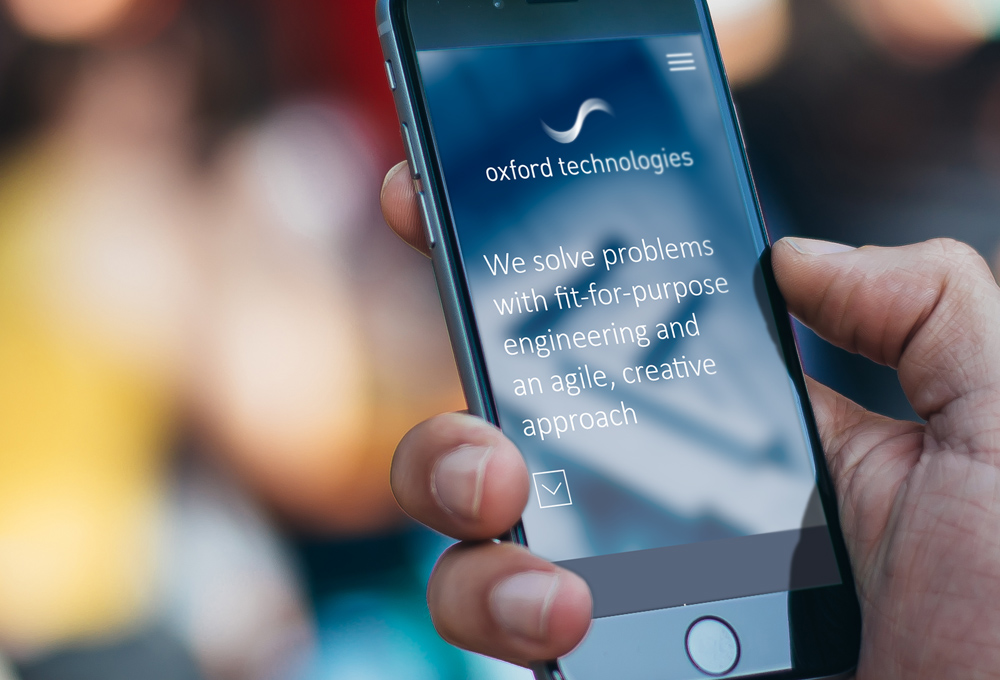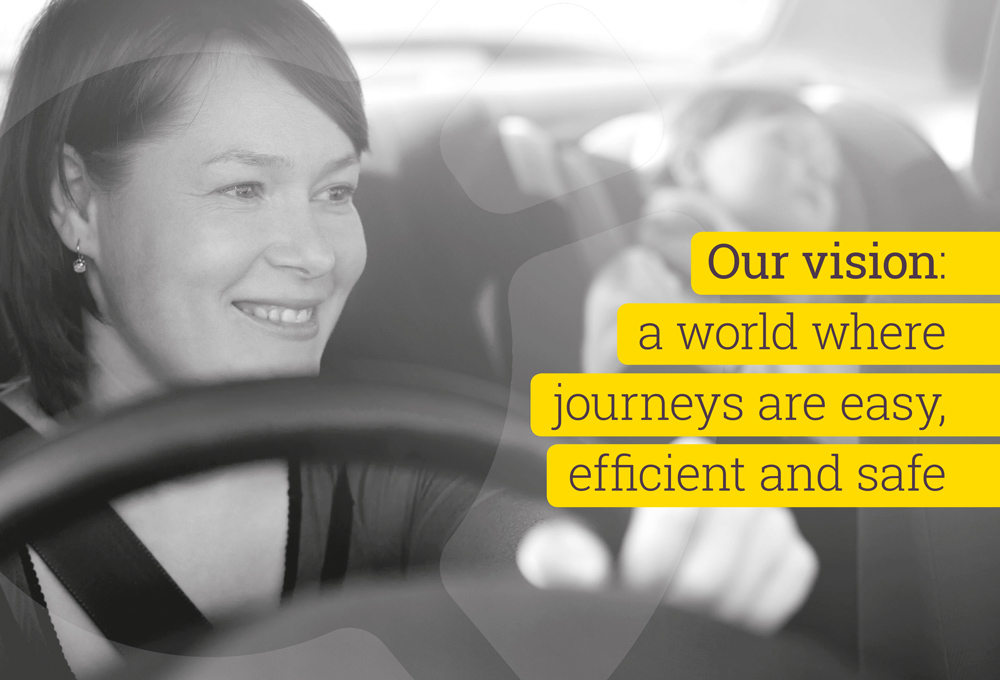Technology, Innovation & Fast-growth: positioning for growth
Competition in the technology and innovation sector has never been so fierce. The pace of innovation and disruption may be record-breaking, but sustaining growth is tougher than ever. Like the energy burst from a chocolate bar, success may not be sustainable if your business doesn’t have a clear positioning strategy – and all the brand assets to support it.
We have the expertise and track record for helping businesses go through the growth gears. From harnessing the energy of start-ups to revitalising established businesses so they can kick on, fully realise their potential and meet their goals.
Here are four things we’ve learnt about making your business grow. (And keeping it growing.)
Don’t put off your positioning too long
A good positioning strategy ensures your business is perceived in the right space and seen by your target audience in the right way and stays stay relevant. But for fast-growing businesses, developing this strategy isn’t always a priority; the early days are all about the product and sales.
The importance of creating a great product to sell is obvious. And for businesses wanting to make a big impact in the shortest space of time, sales can provide the funding stream for the next phase of growth. For that reason, brand positioning and brand identity tend to take a back seat, resulting in solutions that are often temporary, DIY or low-budget at best. However, as a business gains traction, there comes a point when investing in your brand stops being a luxury and becomes a must-have. That Elastoplast market positioning and identity can actually be a barrier to growth and end up costing you significantly more in the long run.
Differentiate to stay ahead
Eight of the businesses in the 2017 Deloitte UK Technology Fast 50 (a league table of the UK’s fastest growing tech businesses by revenue) are in London. But London is also the riskiest location for business start-ups, with a 50.1% fail rate. One of the main reasons why some businesses crash while others thrive is because they don’t have a clearly-defined purpose, simply articulated and expressed through their identity.
Our client Toia is a pioneer in ‘haptic technology software’ and a good example of reaping the rewards of differentiation.
Haptic technology is VR’s missing link, providing the sense of touch that will create fully immersive, life-like virtual experiences. It’s an extraordinary leap in technology that opens up many new applications for VR.
With revolutionary software in development, Toia realised the need to evolve from its current name of SimuSolve to a more exciting, consumer-facing business. With this in mind, we embarked on a brand definition and naming exercise. After much deliberation, Toia was born: a neat, memorable contraction of ‘touch in action’, the software’s USP.
We brought Toia to life with a powerful new identity and a simple, cost-effective website that demonstrated the importance of touch. By creating a brand built around difference, Toia now has a unique opportunity to establish itself as the name synonymous with haptics and VR.
Make your identity match your ambition
A muddled strategy or below par identity affects perceptions of credibility and professionalism. For enterprises to go to the next level this needs addressing.
Our client Oxford Technologies Ltd is a specialist engineering company supplying remote handling and robotic solutions. They’re pretty good at what they do… they designed the world’s first remote handling equipment to operate inside a nuclear reactor. What they weren’t so good at was marketing their business.
With a desire to become a global player, OTL took the decision to seek external funding to help them double the size of the business inside three years. But they recognised that to hook that big investor, they first needed a stronger and more compelling way to communicate their business’ value.
This foresight and investment paid immediate dividends. In mid-2015 we created new branding and a website which was launched to all OTL’s stakeholders to a positive response. In December 2015 Oxford Technologies Ltd was acquired by a large American company operating in similar markets but on a global scale. As Stephen Sanders, OTL’s Global Business Development Director says “The proof is ‘in the pudding.”
Strong brand positioning
After four decades in road safety and traffic monitoring products, Clearview Traffic realised they’d lost sight of what the business stood for and the lack of a clear proposition was affecting morale, causing teams to pull in different directions and impacting growth. Historically Clearview had concentrated on ‘what’ they did rather than ‘why’ – so the genuine difference they made to millions of journeys every day was being lost.
Focusing on the ‘why’, we made a shift from product to people, inspiring a name change that brought multiple sub-brands into one: Clearview Intelligence. This name change also laid the foundation for a distinct identity and a platform for engaging prospects in a more meaningful way. From strapline and mission statement to new website and advertising, the rebrand positions Clearview as a thought-leader in intelligent transport solutions – and gives them a new direction to take to market.
So what do we know?
Let’s return to the Deloitte UK Technology Fast 50 for a moment. The fastest-growing tech company in the UK last year was the on-demand delivery service Deliveroo. It achieved the biggest growth of any top tech business over the last 20 years and a staggering revenue increase of 107,117% since 2013.
Deliveroo has recognised an opportunity, created a great product and developed a brand strategy that reaches and appeals to its audience.
And that, in a nutshell, is what strong brand positioning for growth is all about.




About Alastair
Alastair Williams
Founder and Creative Director